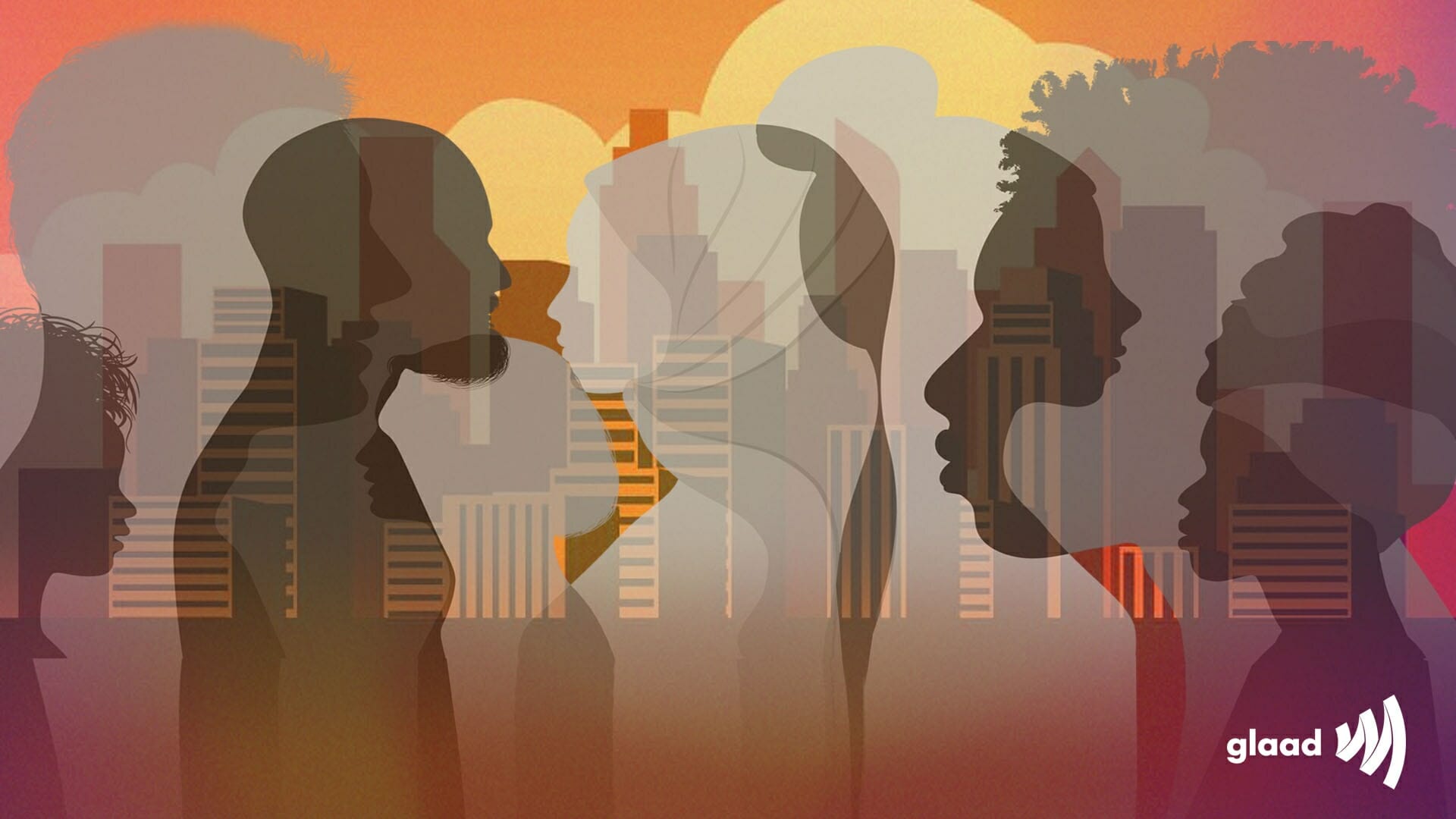GLAAD conducts annual research around HIV stigma, to better understand how much stigma still exists, the challenges we must overcome to end HIV-related stigma, and what the impact is on those living with HIV. In our research we have found that less than half (48%) of Americans feel knowledgeable about HIV, and there is still unfounded fear about people living with HIV, even though those receiving proper medical treatment cannot transmit HIV. For more information on our HIV Stigma work please reference GLAAD’s State of HIV Stigma Study at State of HIV Stigma Study. Through our qualitative interviews we heard people mention a few similarities between COVID-19 and HIV as it relates to the stigma that both viruses carry, much of it centered around an initial lack of education, and fear of transmission. People we spoke with referenced that both viruses carry some shame with people being judgmental of others and their choices, but in different ways. Both COVID-19 and HIV are often incorrectly associated with behavioral decisions which result in blaming the individual for contracting the virus. And both can involve denial and a mentality that it can’t happen to them, even among those communities that are most affected by COVID-19, as well as those most affected by HIV.
With COVID-19 the stigma has most often been associated with the unvaccinated, or those refusing to take precautions to avoid exposure. Other parallels echoed in our interviews reference the initial government response to both viruses, the feeling that COVID-19 was ignored by leadership. This was a familiar feeling to those who experienced the early years of the HIV epidemic. Also, changing messages from leaders and experts regarding COVID-19 was a striking similarity, and led to further confusion, misunderstanding, and likely stigma in both cases. Recent mishandling of COVID-19 could also be a cause of further mistrust in the most impacted communities regarding government responses.













